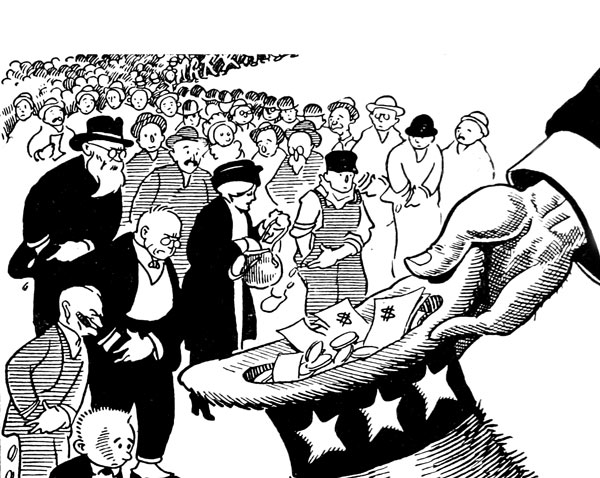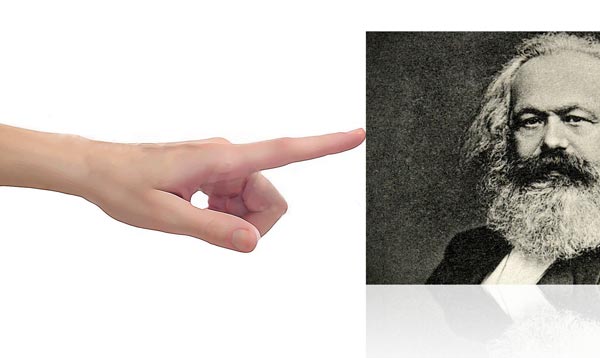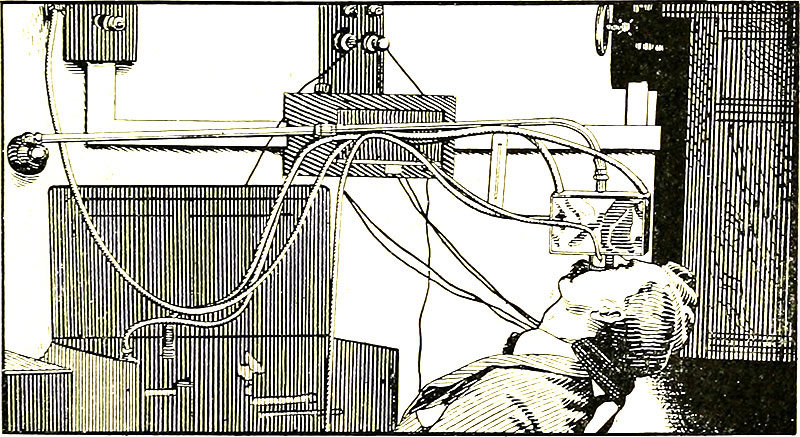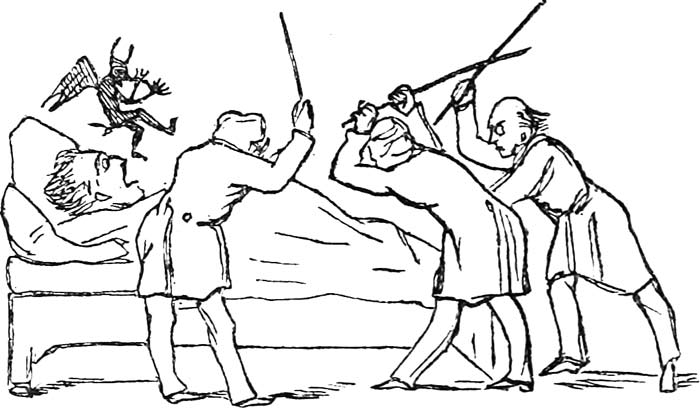First… some definitions:
Socialism advocates the public ownership (or control) of business and industry in service of a more equal distribution of wealth.
Bernie Sanders and his version of “democratic socialism” places emphasis on redistribution and downplays the public ownership and control part of the system.
However… Bernie seems never to have met a government monopoly he didn’t love, or a free market enterprise he didn’t distrust or despise.
What are the problems (dangers) of socialism?

It idealizes envy.

It rationalizes theft.

It idealizes state power.

It penalizes accomplishment.

It rewards indolence.

It promotes obedience to the state.

It encourages dependence on the state by treating citizens as children.
It dismisses the protection of individual rights with a vague appeal to the “collective good” or “public good.”

It has repeatedly led to economic collapse, oppression, poverty and starvation.  So how have Scandinavian democratic socialists managed to overcome these problems?
So how have Scandinavian democratic socialists managed to overcome these problems?
Quote from the current Prime Minister of Denmark:
“I know that some people in the US associate the Nordic model with some sort of socialism. Therefore I would like to make one thing clear. Denmark is far from a socialist planned economy. Denmark is a market economy.”
—Speech, Harvard Institute of Politics

From “Scandinavian Unexceptionalism” (from the Institute of Economic Affairs):
Today the Nordic economies are again growing, following a return to broadly free-market policies that served them well before policies changed during the 1960s and 1970s.
The countries are changing in the face of serious long-term problems that have developed over the last 30 years.
Finland, Sweden and Denmark have…introduced far-reaching market reforms. These changes include greater openness to trade, clear reductions in the tax burden, private provision of welfare services, the introduction of personal retirement accounts and, in Denmark, even a shift towards a liberal labour market.
—Scandinavian Unexceptionalism (highly recommended!)

And the moral hazards?
The development of Scandinavian welfare states has led to a deterioration in social capital.
Nordic societies have for hundreds of years benefited from a strong Lutheran work ethic, a strong sense of individual responsibility and high levels of trust and civic participation.
In the early stages of their transition to “democratic socialism”, safety nets DID exist, but few used them. Over time, an increasing share of the population became dependent on government transfers. The welfare states moved from offering services to the broad public to transferring benefits to those who did not work.
The situation that exists in Nordic societies today is one in which ethics relating to work and responsibility are not strongly encouraged by the economic systems. Individuals with low skills and education have limited gains from working. This is particularly true of parents of large families, which gain extra support if on welfare.
It is true that welfare systems have reduced poverty. However, especially in the second generation, they have also created a form of social poverty of the same type that is apparent in the countries from which many of the admirers of the Scandinavian systems come. Detailed research clearly shows that welfare systems have formed a culture of dependency which is passed on from parents to children.
MUCH MORE HERE on the moral and economic capital that preceded the welfare state, and its gradual disintegration over time…
Do you believe that socialism is a good idea that has simply been corrupted by ruthless dictators? Consider the story of the Chinese Cultural Revolution… a mass movement of Chinese youth dedicated to eradicating capitalism and advancing socialism. Its bloody history tells us quite a lot about the logic of this flawed political philosophy… “Socialism’s Idealistic Youth”
Useful References
Scandinavian Unexceptionalism (Institute of Economic Affairs)
This paper is especially valuable because it was written by someone who actually favors a large welfare state. His willingness to concede the problems inherent in such a state are refreshingly honest… and useful for anyone interested in the issues.
What Can the United States Learn from the Nordic Model? (CATO Institute)
Myth: The Scandinavian countries are proof socialism works (Being Classically Liberal)
The Myth of the Scandinavian Model
Economic Freedom of the World: 2013 Annual Report
International government spending (Wikipedia)
Index of Economic Freedom (Heritage Foundation)
A healthy democracy depends on the spreading of good ideas. If you found this article useful, please share it with friends by clicking on any of the social media icons below.
Also, please consider showing your appreciation by dropping something in our tip jar (this link will take you to the Citizens in Charge donation page… and your contribution will go to the support of the Common Sense website). Maintaining this site takes time and money. Your help in spreading the message of common sense and liberty is very much appreciated!




 In Europe, some large programs (like “free” healthcare and college”) appear to work for some countries and are a complete disaster for other nations. In many southern European nations, citizens look on state provided healthcare with horror, and make every effort to insure that they don’t have to depend on that system.
In Europe, some large programs (like “free” healthcare and college”) appear to work for some countries and are a complete disaster for other nations. In many southern European nations, citizens look on state provided healthcare with horror, and make every effort to insure that they don’t have to depend on that system. (As it happens, Scandinavians had a well-established culture of hard work and self reliance and social cohesion, which is what made the establishment of a large welfare state even possible. When the Scandinavians began their ambitious welfare programs, it was a point of honor among many to NOT USE IT. This attitude has been eroded over time).
(As it happens, Scandinavians had a well-established culture of hard work and self reliance and social cohesion, which is what made the establishment of a large welfare state even possible. When the Scandinavians began their ambitious welfare programs, it was a point of honor among many to NOT USE IT. This attitude has been eroded over time). quickly become bloated, inefficient and corrupt. The government is currently $21 trillion in debt.
quickly become bloated, inefficient and corrupt. The government is currently $21 trillion in debt.